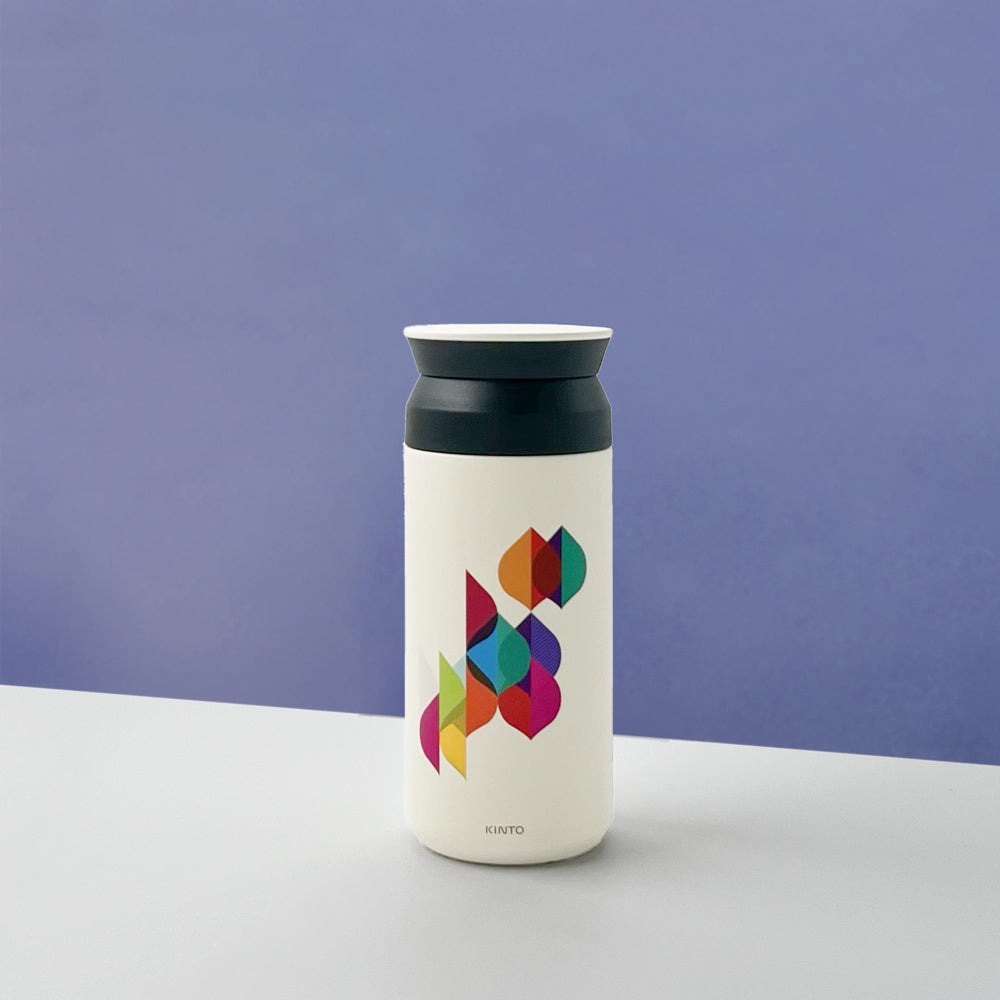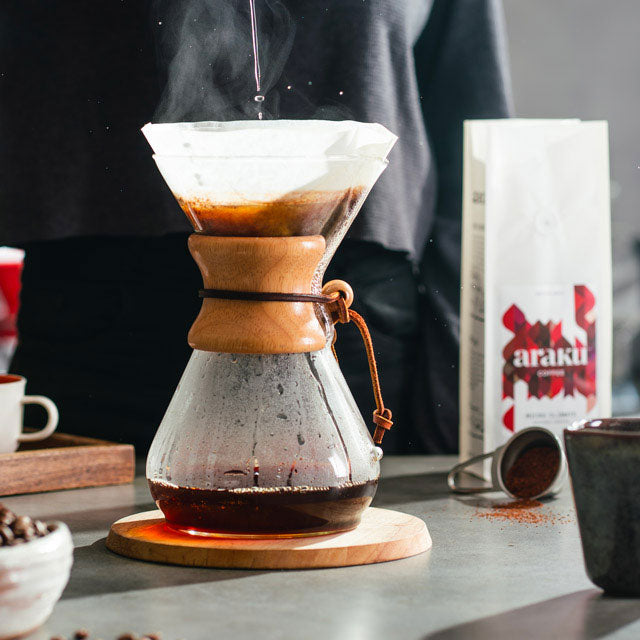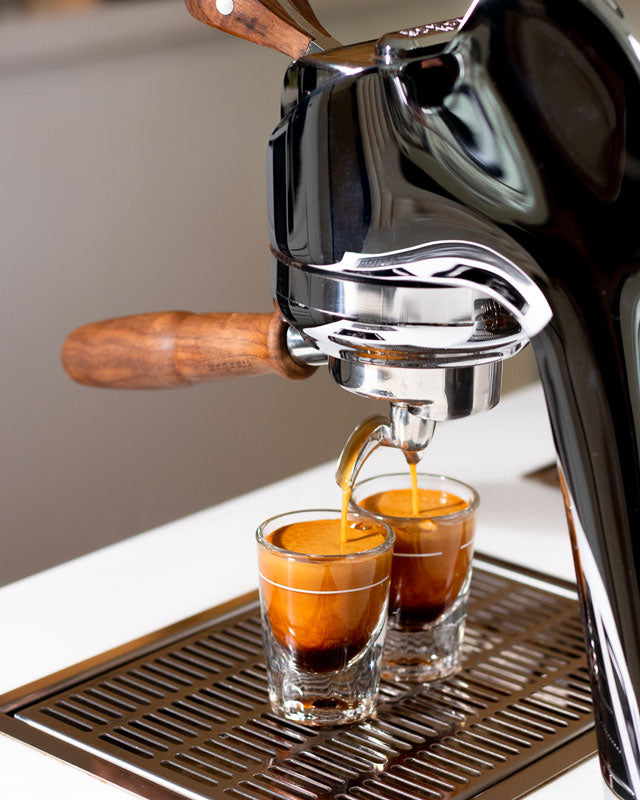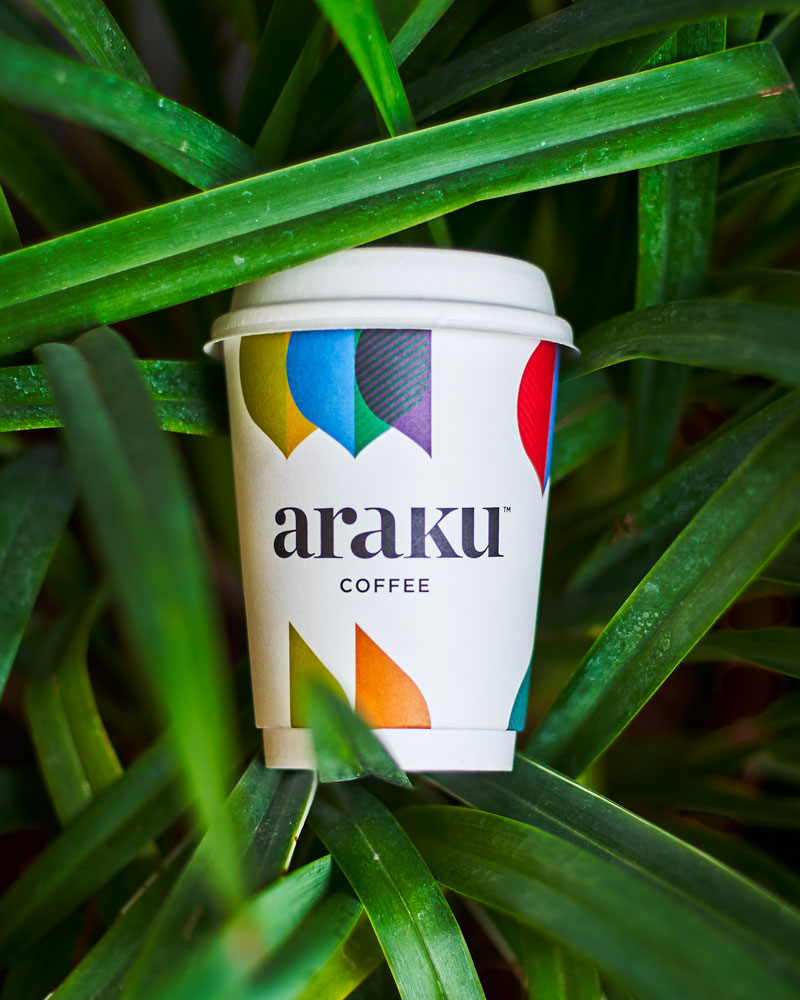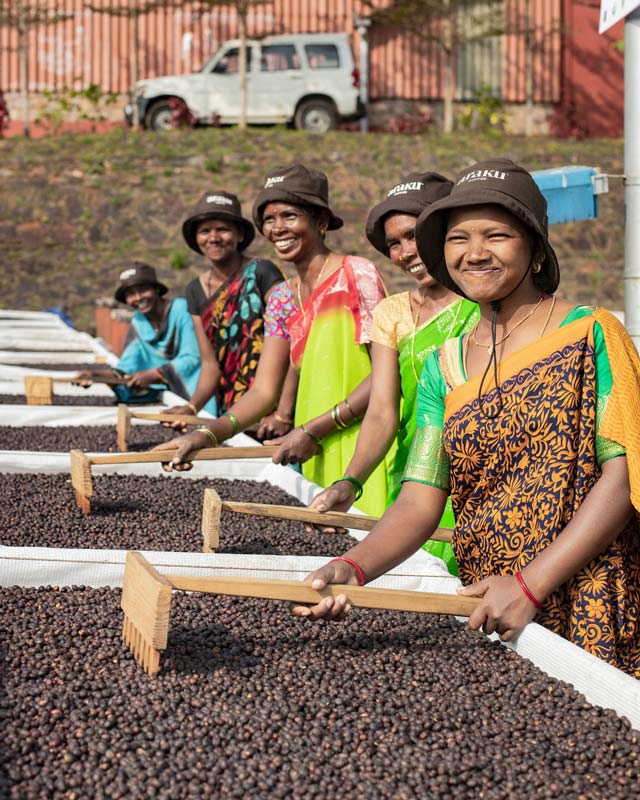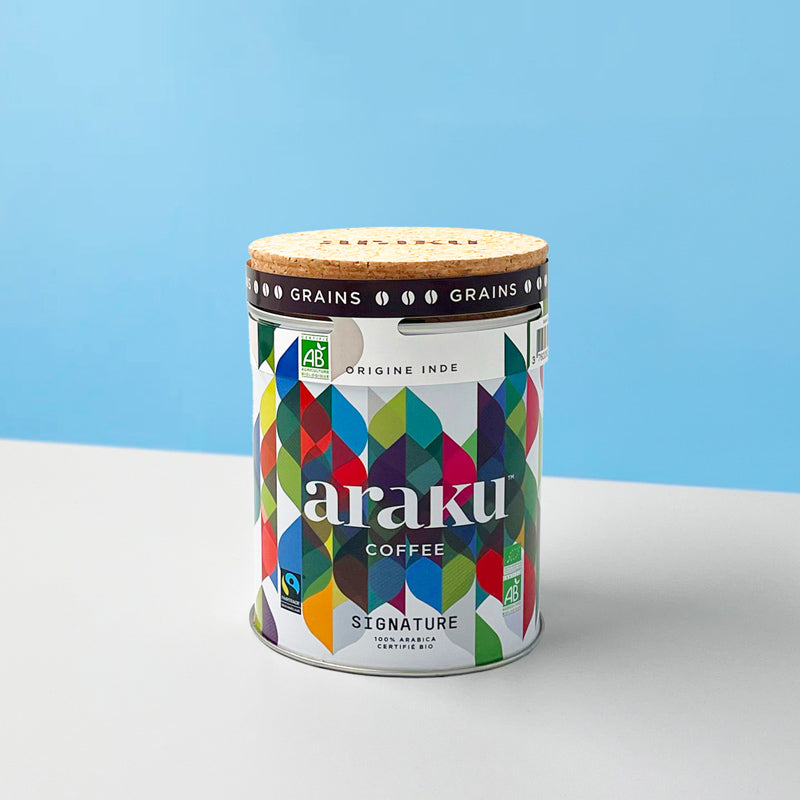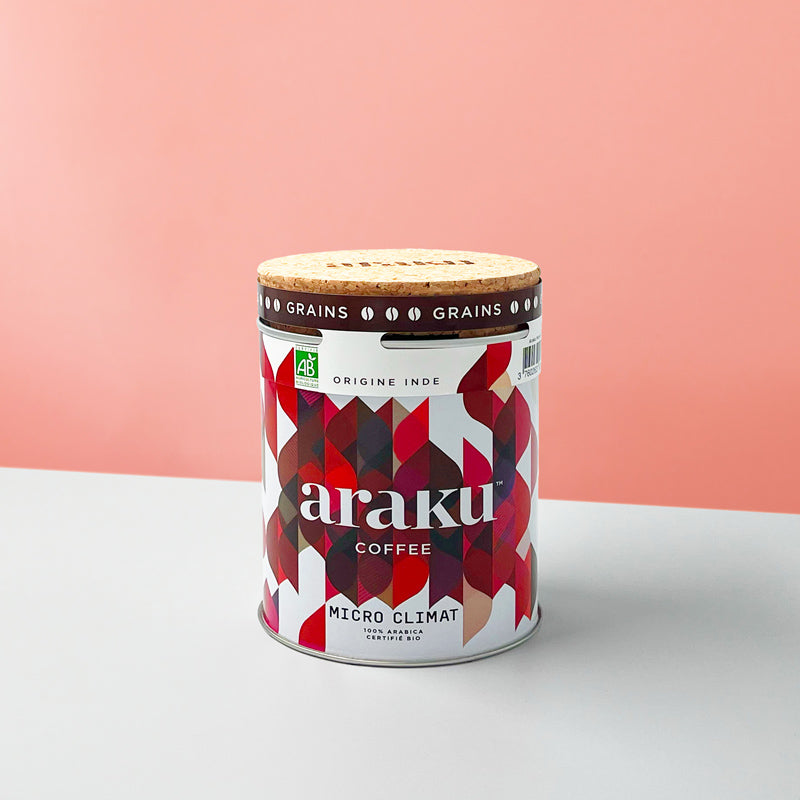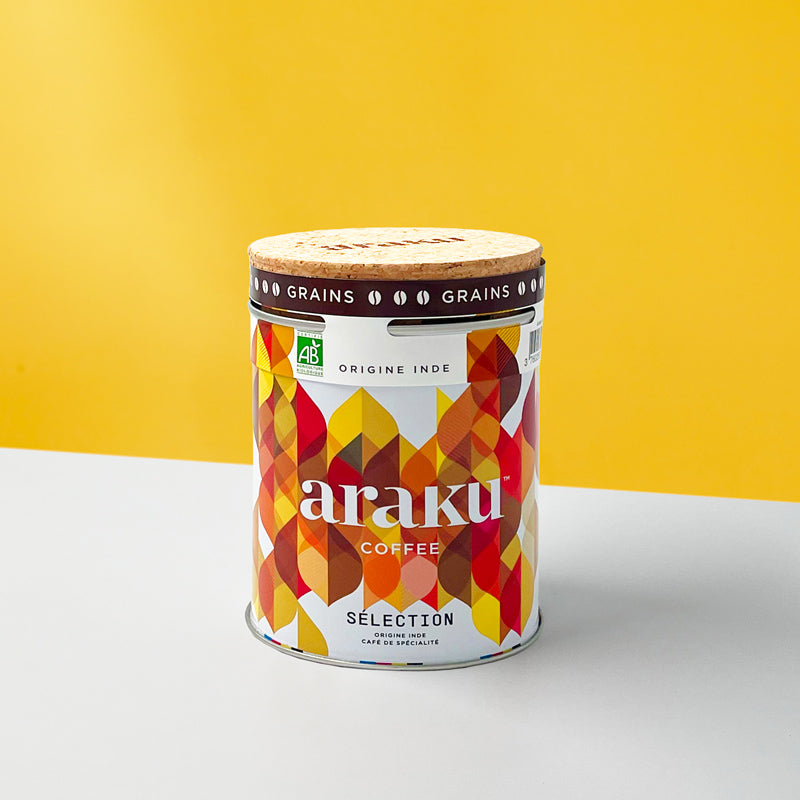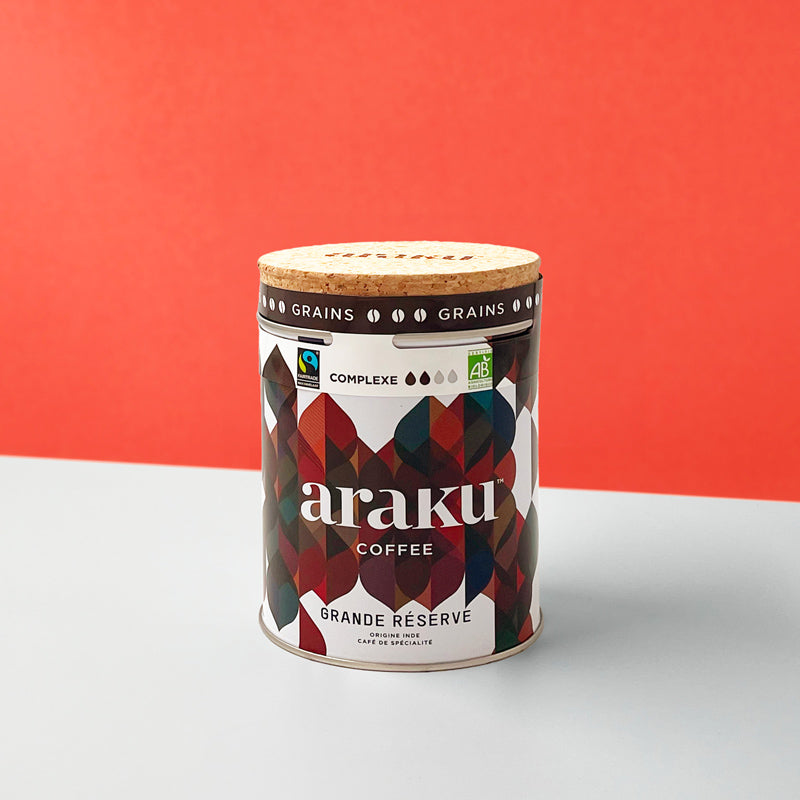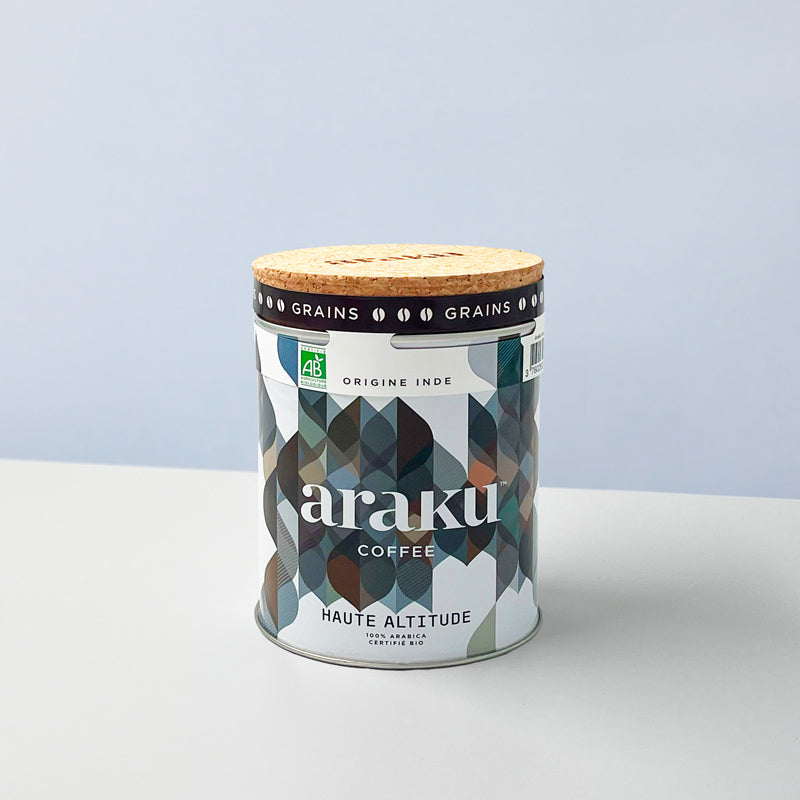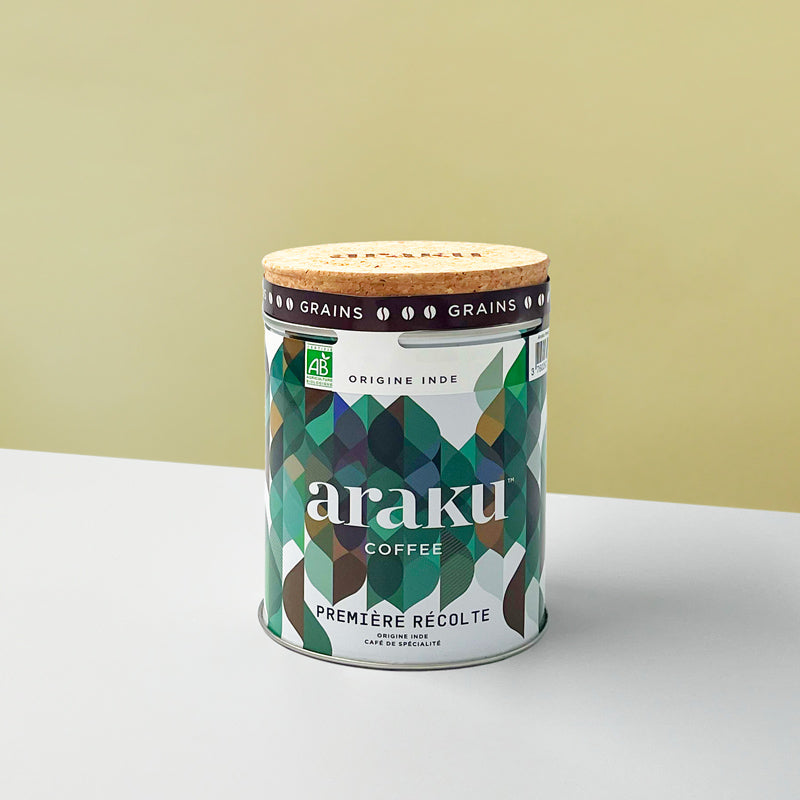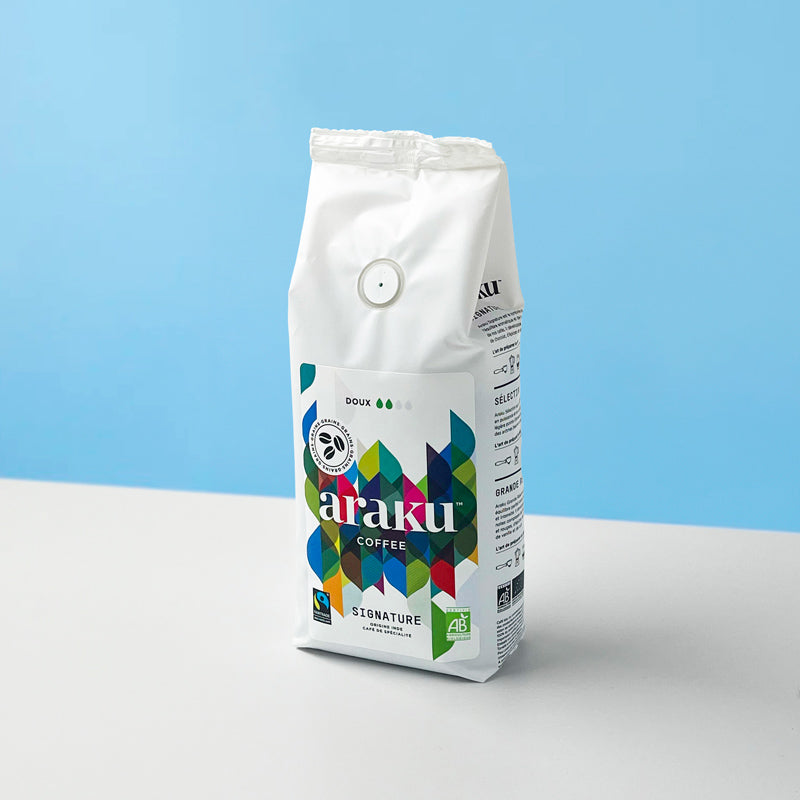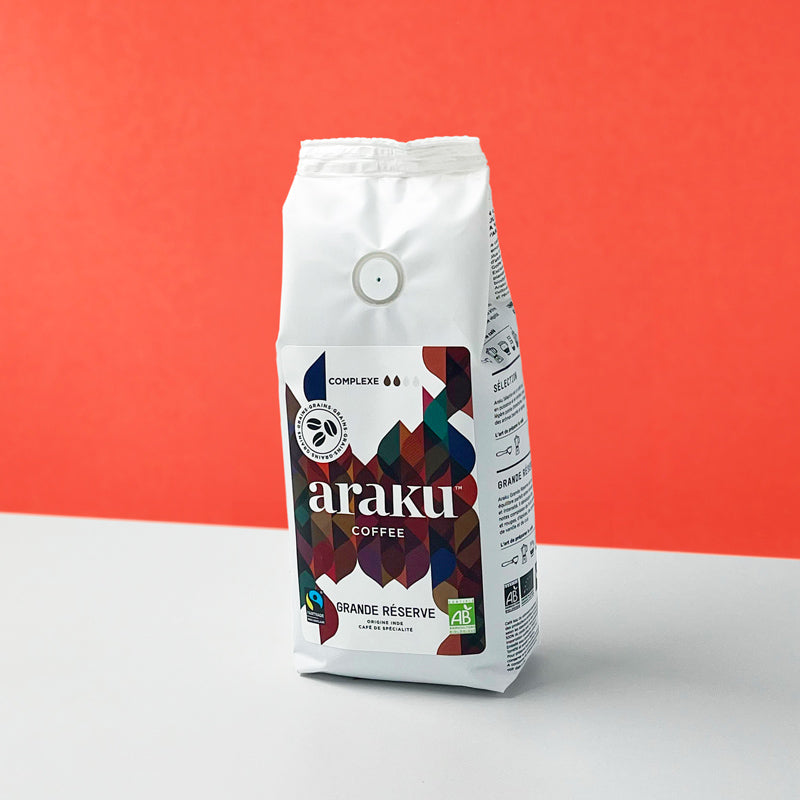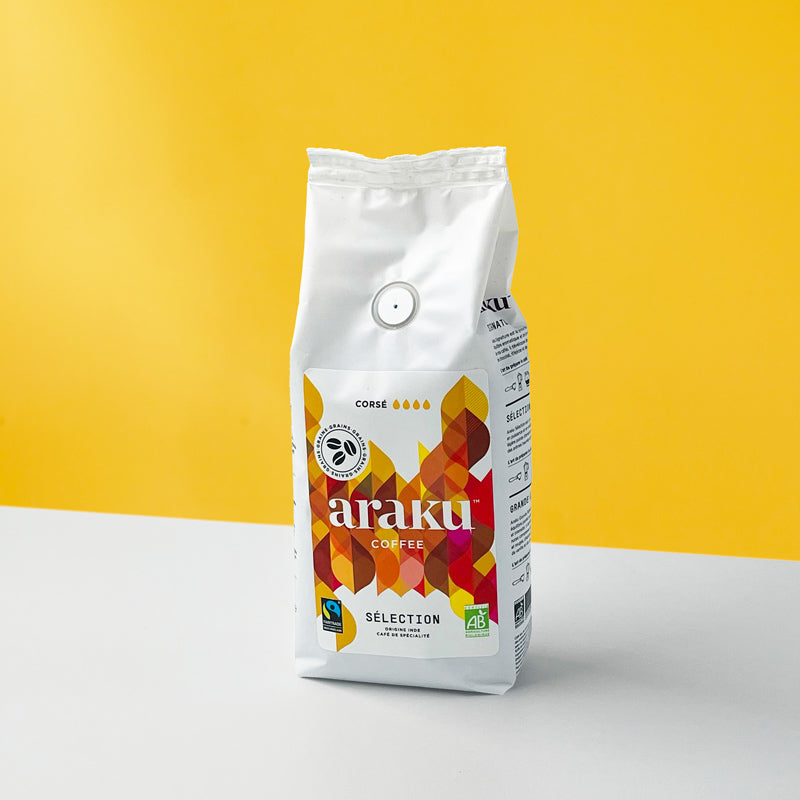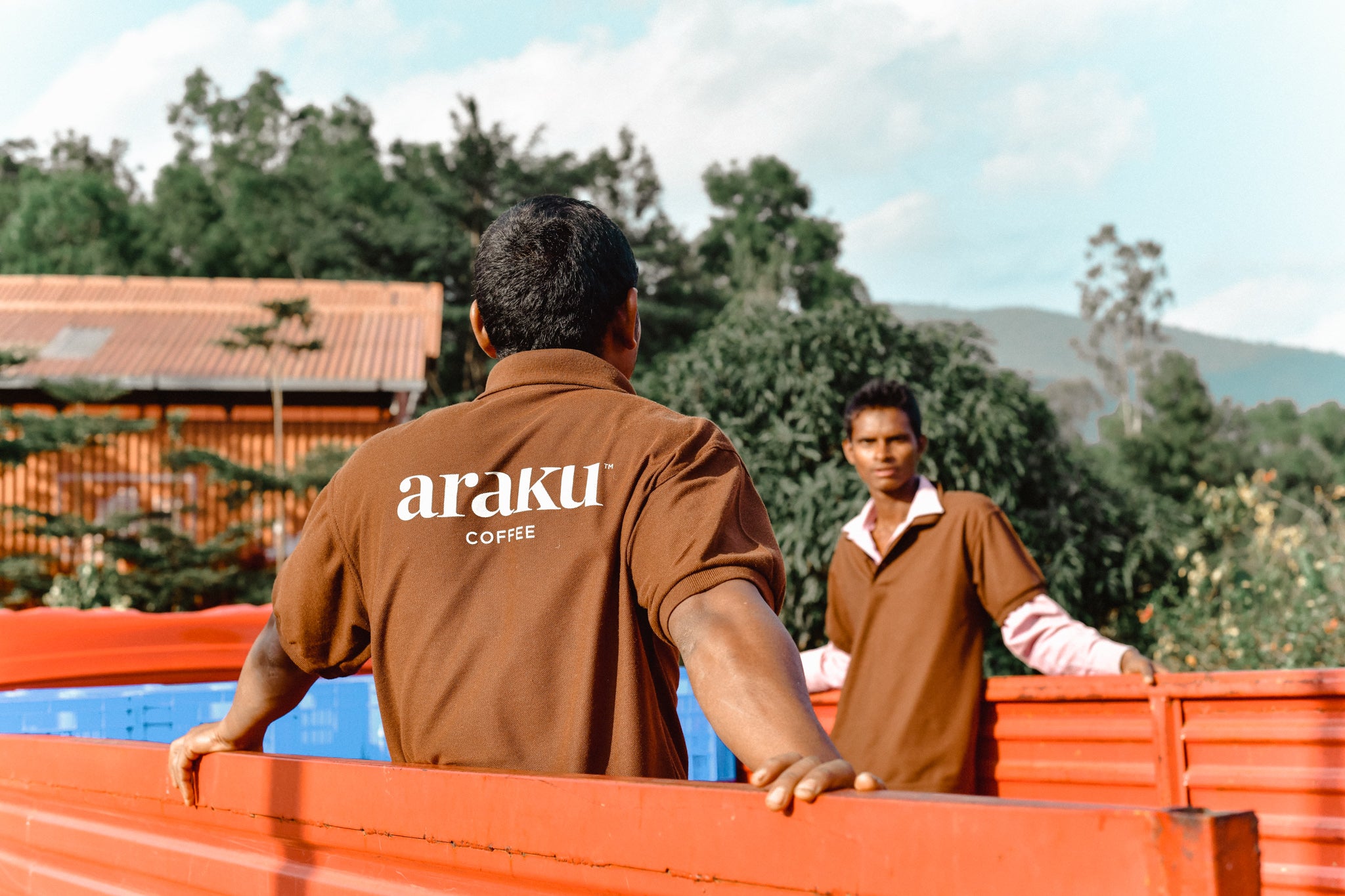Specialty coffee: the obsession with quality
The terms “specialty coffee” appeared for the first time in the 1970s in the United States, at the instigation of several famous coffee shops, keen to source better quality beans (find out more about the history specialty coffee, click here ). From this period, specialty coffee was considered high-end coffee, designed as a product of significantly higher quality than ordinary coffees found on the market. A specialty coffee is then said to be “flawless in the cup”.
To make sure those words mean something, the Specialty Coffee Association does it all. Created in the 1980s, the SCA is a reference organization for lovers of high-end coffee. His mission ? Rate the specialty coffee on a grid between zero and 100 points to classify the different productions according to several criteria. The SCA will mainly seek to promote the quality of the specialty coffee production chain, the work of the roaster and clarity on the origins of the coffee beans. The notion of traceability and what makes the terroir of a coffee completely unique is an essential aspect in the rating. So, when we talk about specialty coffee or high-end coffee, we are talking about only a very small part of the world's coffee production, rare and prized coffee beans.
And if we go into a little detail, where should specialty coffee be placed on the rating grid? To obtain specialty coffee status, the latter must obtain a score at least higher than 80 points out of 100. Before awarding this score, the SCA follows a meticulous protocol which leaves nothing to chance, with the aim of giving the consumers a clear idea of what they are buying.
At Araku, all our coffees range between 85 and 92. The SCA therefore clearly positions us as a producer of exceptional coffee .
Understanding specialty coffee in three key points
1. A cup rendering without defects
We mentioned it briefly, but the role of the SCA in the rating of specialty coffee is essential. For a specialty coffee, a score that exceeds 80 out of 100 implies that after meticulous analysis of the beans before roasting, they present almost no imperfections. By imperfection, the SCA separates possible defects into two main categories. First category defects relate to the color of the grain, the presence of black grains or bits of wood. Second category defects gauge the details: for example on a 350 g sample, if many beans are broken, the grade of the coffee may drop. Ultimately, a specialty coffee cannot have any Category 1 defects, and must not exceed five Category 2 defects. If so, it is rightfully part of the premium coffee club.
2. The importance of traceability
The advantage with specialty coffee is also the transparency regarding its production chain. Each stage of the latter is legible, the particularities of the terroir, agricultural practices and the marketing chain are communicated without any misdirection. Thus, the consumer of high-end coffee knows what he is buying and easily understands the workings of the production of the beans.
3. A unique terroir
The most obvious difference between regular coffee and premium coffee ? The tasting experience! Depending on the region of production, the varieties of beans and the know-how of the roaster, the aromatic profile of a specialty coffee changes. From one high-end coffee to another, the consumer discovers completely different aromas and nuances of acidity. Between an Indian specialty coffee or a Colombian coffee for example, the cup rendering has nothing to do with it.
Differentiating a specialty coffee from a convenience coffee: how to go about it?
To avoid confusing specialty coffees with commercial coffees, you must mainly pay attention to three aspects.
Firstly, and unsurprisingly, if the origin of the product is well communicated. Any form of vagueness around this aspect says a lot about the lack of transparency of a brand on the coffee bean production chain. And as mentioned previously, product traceability is one of the imperatives!
Another important point is the proximity between the harvest and marketing dates of the coffee beans. Indeed, when a specialty coffee is marketed, the beans must come from the last harvest. The reason ? The more recent the harvest, the more likely the beans are to preserve their quality and the subtlety of their aromas.
Finally, you must pay close attention to roasting, a key step in asserting the aromatic profile of a high-end coffee. Unlike ordinary coffees, specialty coffees are roasted using artisanal methods, which require patience and take advantage of unique know-how, specific to the region of production.


